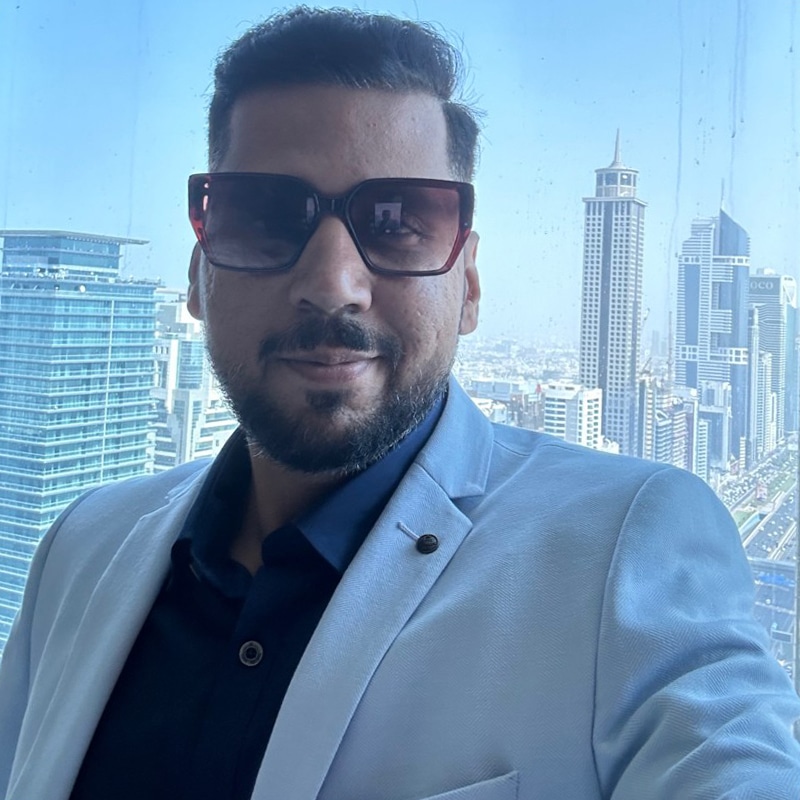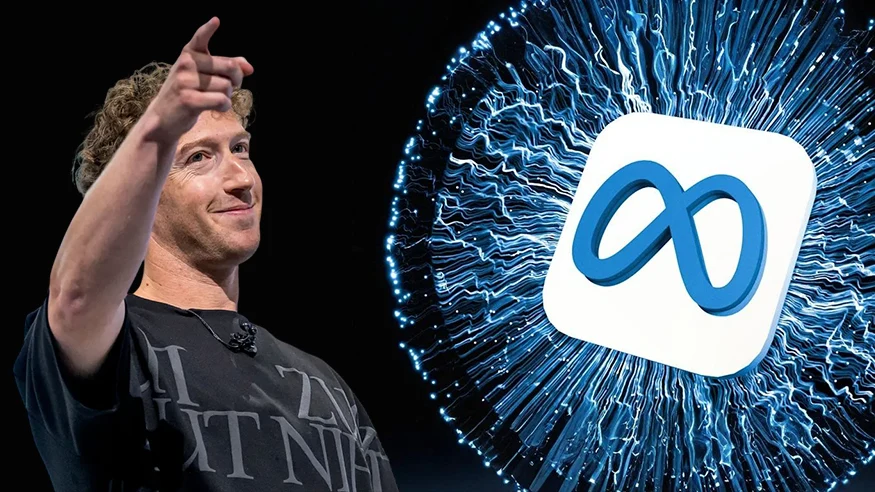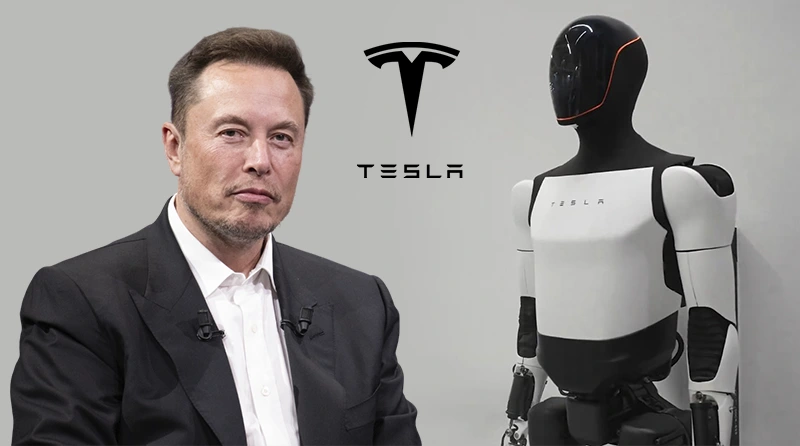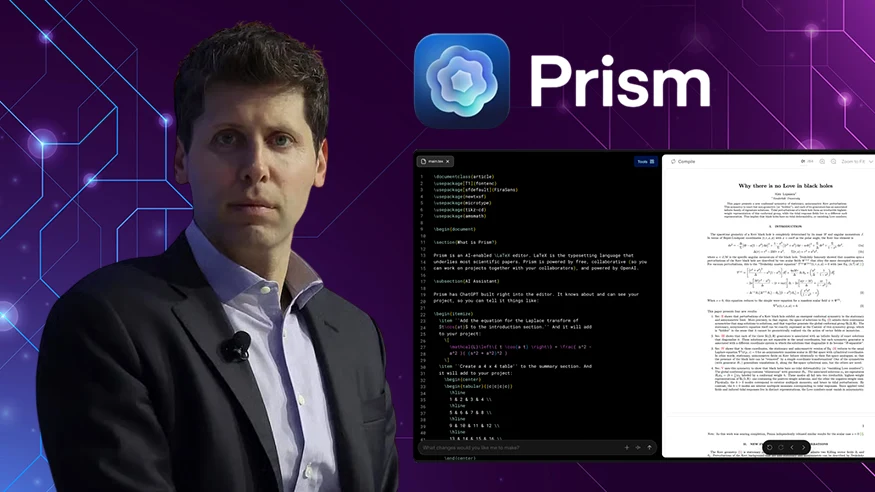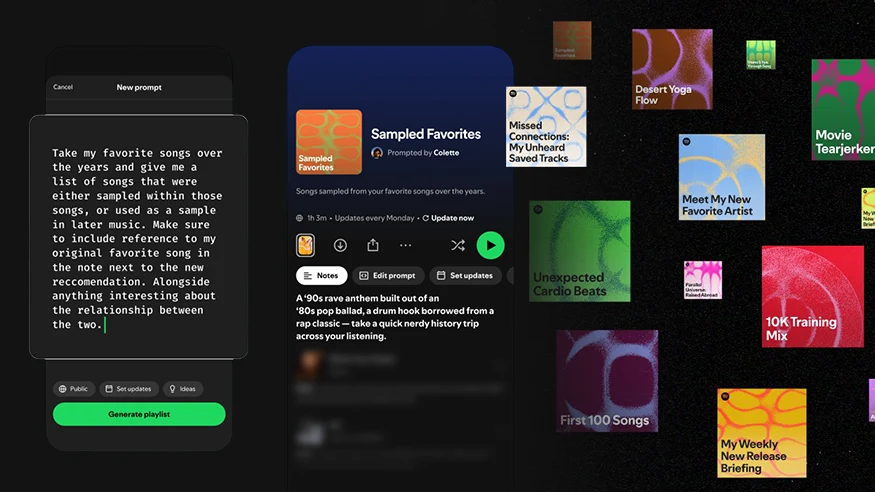AI May Cure All Diseases in 10 Years, Says DeepMind CEO Demis Hassabis
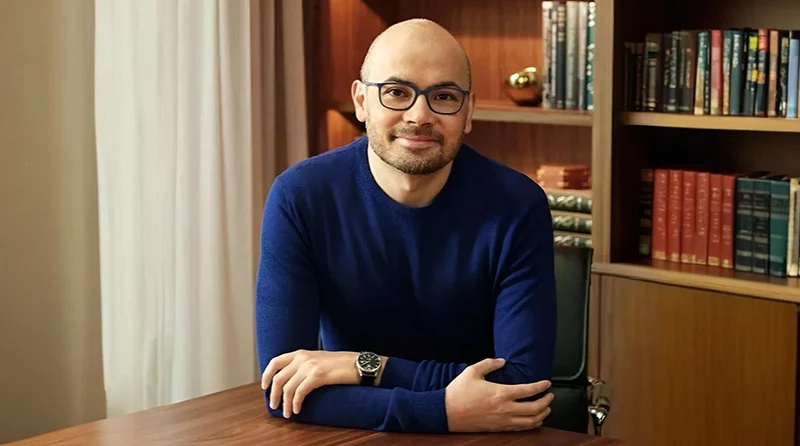
In a striking announcement that has sparked widespread discussion among scientists and technology experts, Demis Hassabis, CEO of DeepMind, claimed that artificial intelligence might be capable of curing all human diseases within next 10 years. If this ambitious goal is achieved, it would represent a groundbreaking shift in global healthcare.
Hassabis shared these insights during a recent interview on CBS’s “60 Minutes,” where he emphasized the rapid progress AI is making in areas such as drug development, protein folding, and personalized medicine. Now, Hassabis believes AI can go even further.
“If we continue on our current trajectory, there’s a real possibility we could cure, or at least effectively treat, every major disease—from cancer to genetic disorders—within a decade,” he said.
Experts have responded with both enthusiasm and caution. Dr. Laura Kim, a biomedical researcher at Stanford University, told us, “The promise is real, but the challenges are enormous—biological systems are incredibly complex. Still, the optimism is not unfounded.”
Significant Advances in Biology and Drug Development
DeepMind, part of Alphabet (Google’s parent company), has already made remarkable contributions to healthcare innovation. Its AlphaFold system, introduced in 2020, amazed the scientific community by accurately predicting the 3D structures of almost all known proteins—a task that would have taken human researchers thousands of years to complete. Hassabis recently noted that AlphaFold mapped 200 million protein structures in just one year, condensing what would have been a billion years of manual research into a fraction of that time.
Building on this success, DeepMind has developed TxGemma, a collection of open AI models aimed at accelerating drug discovery and improving clinical trial predictions. TxGemma uses large language models to identify promising drug targets, forecast therapeutic effects, and evaluate clinical trial results, with the goal of reducing the high failure rates and costs typically associated with new drug development.
AI’s Role in Personalized Healthcare
Beyond drug discovery, AI is transforming personalized medicine by helping doctors customize treatments based on an individual’s genetic makeup, environment, and lifestyle. These AI systems can analyze vast and complex datasets to detect disease patterns and recommend targeted therapies with incredible speed and precision. For instance, AI tools are now matching or even outperforming human specialists in interpreting medical imaging and genomic information, enabling earlier diagnoses and more effective treatments.
Balancing Optimism with Caution in Healthcare
While Hassabis’s vision has generated excitement, it has also been met with cautious voices. Experts like Dr. Laura Kim, a biomedical researcher at Stanford University, acknowledge the potential but highlight the complexity of biological systems. “The promise is genuine, but the challenges are immense—biology is incredibly intricate. Nonetheless, the optimism is justified,” she commented.
Privacy advocates and ethicists have raised important concerns as well. The extensive use of patient data by AI raises privacy and security issues, especially as regulations lag behind technological advances. Ethical questions about informed consent, bias, fair access to AI-driven healthcare, and the need for strong oversight to prevent discrimination and protect patient rights remain critical.
Reactions Across the Industry and Public
Hassabis’s statements have sparked lively discussions among scientists, healthcare professionals, and technology leaders. Some, including Aravind Srinivas, CEO of Perplexity AI, have praised Hassabis as a visionary and urged support for his ambitious mission. However, many emphasize the necessity of evolving regulatory frameworks and maintaining human oversight as AI becomes more integral to medicine.
Looking Forward: A New Era in Medicine
As DeepMind and other innovators continue to push the boundaries of what AI can achieve in healthcare, the question is no longer if AI will transform medicine, but how quickly and extensively this change will occur. Hassabis’s bold prediction of a disease-free future by the 2030’s challenges researchers, policymakers, and society to prepare for a revolutionary new chapter in human health.
Whether AI will indeed cure all diseases within ten years remains uncertain. However, with breakthroughs accelerating at an unprecedented pace, the landscape of medicine is being reshaped before our eyes.


